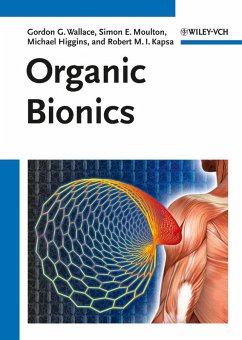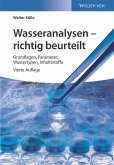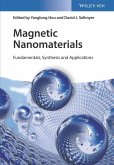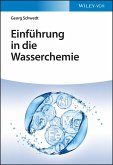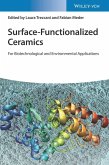The first reference on this emerging interdisciplinary research area at the interface between materials science and biomedicine is written
by pioneers in the field, who address the requirements, current status and future challenges. Focusing on inherently conducting polymers,
carbon nanotubes and graphene, they adopt a systematic approach, covering all relevant aspects and concepts: synthesis and fabrication,
properties, introduction of biological function, components of bionic devices and materials requirements. Established bionic devices, such as
the bionic ear are examined, as are emerging areas of application, including use of organic bionic materials as conduits for bone re-growth,
spinal cord injury repair and muscle regeneration. The whole is rounded off with a look at future prospects in sustainable energy generation and storage.
Invaluable reading for materials scientists, polymer chemists, electrotechnicians, chemists, biologists, and bioengineers.
by pioneers in the field, who address the requirements, current status and future challenges. Focusing on inherently conducting polymers,
carbon nanotubes and graphene, they adopt a systematic approach, covering all relevant aspects and concepts: synthesis and fabrication,
properties, introduction of biological function, components of bionic devices and materials requirements. Established bionic devices, such as
the bionic ear are examined, as are emerging areas of application, including use of organic bionic materials as conduits for bone re-growth,
spinal cord injury repair and muscle regeneration. The whole is rounded off with a look at future prospects in sustainable energy generation and storage.
Invaluable reading for materials scientists, polymer chemists, electrotechnicians, chemists, biologists, and bioengineers.
Dieser Download kann aus rechtlichen Gründen nur mit Rechnungsadresse in D ausgeliefert werden.

